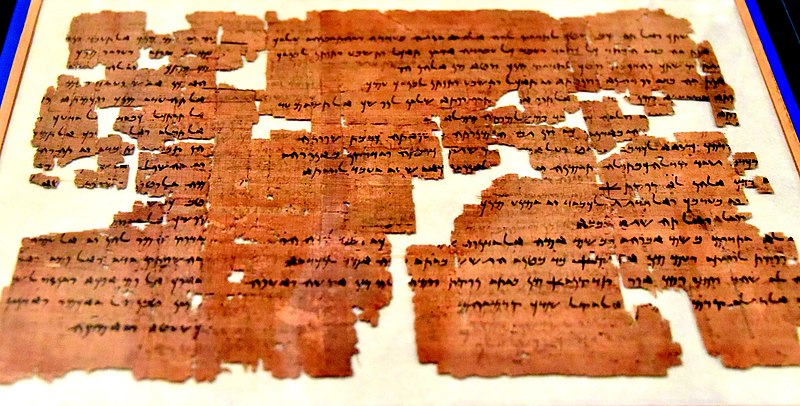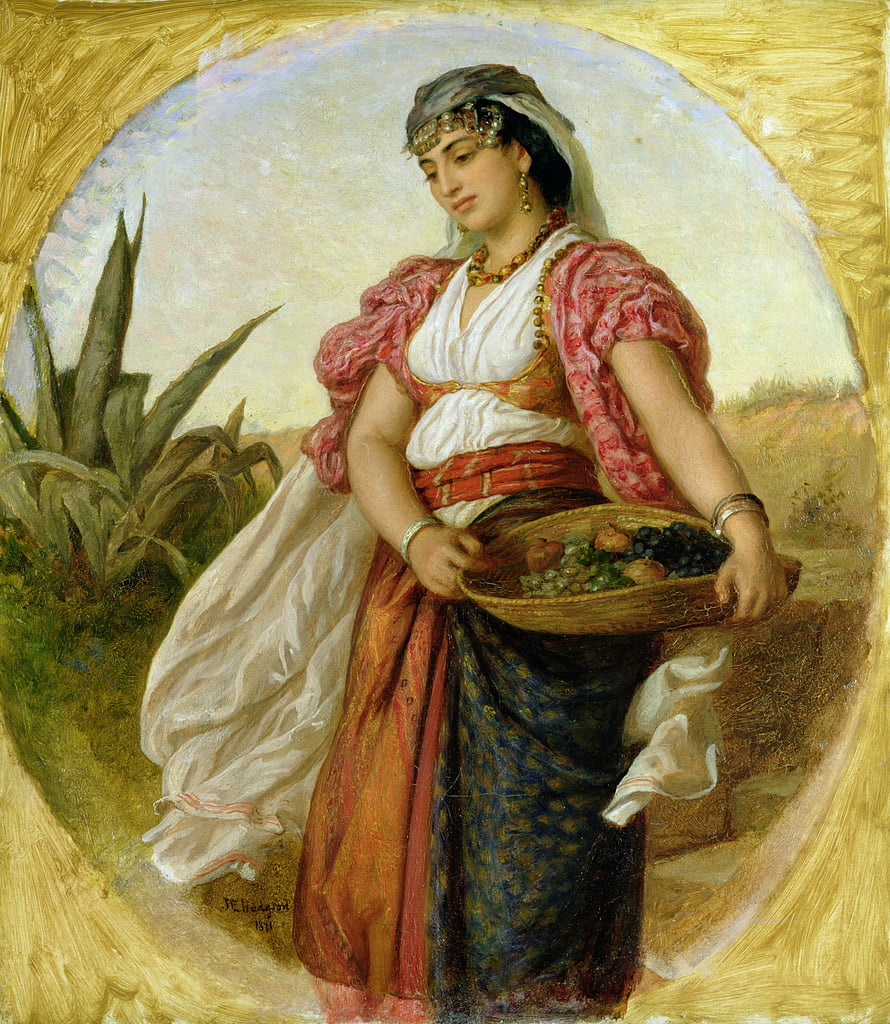Sudan and Israel: From Ancient to Modern Times
By Ibrahim Omer. Updated: 2/6/2024 The history of the Jews in Sudan is a topic that has received increasing attention within the past few years. The recent tempts by Sudanese politicians to normalize the relationship with the State of Israel, in February 2023, revived interest in the subject. Unfortunately the progress of these efforts were interrupted by the conflict that erupted between the Sudanese Armed Forces (SAF) and the Rapid Security Forces (RSF) in April of 2023, which resulted in a countrywide war. Contacts between the land and people of Kush, in what is today Sudan, and Israel can be traced to ancient times. Kush is mentioned throughout the canonical books of the bible as well as apocryphal and related traditions. In Genesis, "Cush" is named as the first son of Ham, followed by “Mizraim” (who produced the Egyptians), "Put", and "Canaan." (Genesis 10: 6 NASB). Key figures in the bible are identified as being of Kushite ancestry. These include Zipporah , Moses' wife (Numbers 12:1) and prophet Zephaniah (1:1). The Queen of Sheba (Song of Songs 1:5-6) is also described in traditions as Kushite. Taharqa "king of Cush" (2 Kings 19:9) is mentioned in the bible and is archaeologically identified through an abundance of materials.
Henry Aubin dedicated an entire book to examine the incident of 701 B.C.E. in which an army from Kushite controlled Egypt led by Taharqa, one of the best archeologically documented kings of Kush, saved the Hebrew people from the Assyrian onslaught. The incident is also known as the Deliverance of Jerusalem (The Rescue of Jerusalem: The Alliance of Hebrews and Africans in 701 B.C., Soho Press, 2002.) Worth mentioning is the biblical reference to a Jewish community in Kush: "From beyond the rivers of Cush My worshipers, My scattered people, will bring Me an offering." (Zephaniah 3:10).
These ancient contacts left cultural and linguistic imprints in Israel today. Kushi, for example, is a casual word in modern Hebrew that refers to dark complexion, which obviously traces its roots to the people of Kush. The article on "The Hebrew Word 'Kushi'" by Ibrahim Omer discusses this subject.
As early as 2006, SudanHistory.org (AncientSudan.org at the time) discussed Jewish history in Sudan as part of an article on an ancient Jewish community that existed in Elephantine, Egypt's southern border with Kush. The community is known to us through thousands of extant Papyri and Ostraca. Since Sudan, Ethiopia, as well as Eritrea, are neighboring countries, this subject has also been explored with regards to Ethiopian Jewish History in a short series of papers by Omer available at the Genetic Literacy Project (GLP). (Find a list of these articles with their direct links is below) Sudan's once thriving nineteenth and twentieth century Jewish community has gradually diminished in size: first, after the rise of the jihadist Mahdiyah movement, from 1881 to 1899, under which non-Muslims were persecuted; and second, all through the gradual expansion of the radical, and anti-semitic, Muslim Brotherhood movement that started in the 1950s. Feeling unsafe, Jewish families gradually fled Sudan. The Muslim Brotherhood eventually ruled the country under the leadership of Omar al-Bashir in 1989. While al-Bashir was ousted during the nationwide protests back in 2019, the Muslim Brotherhood continue to control the country's current Transitional Military Council (TMS), thus, representing the SAF in the current conflict. In 2021, The Times of Israel published an article on the descendants of mixed marriages between Sudanese and members of Khartoum's Jewish community in the twentieth century, who hope "get back in touch with their Jewish roots." AFP News reported on the same subject, under the title "Descendants of Sudan Jews hope to mend ties with Israel." Earlier in 2019, the BBC also published "Sudan's lost Jewish community - in pictures." In 2020, AP Archive produced a documentary "Jewish name no longer mark of shame in Sudan." Beside the descendants of mixed marriages, a few came out celebrating their, or their parents', Jewish history in Sudan. This includes Eli Malka who published a comprehensive work back in 1997, Jacob's Children (in the Land of the Mahdi) (Syracuse University Press, 1997), and Daisy Abboudi who published a web page on Tales of Jewish Sudan. List of articles at the GLP discussing Sudan's connection with Ethiopian Jewish history: |



